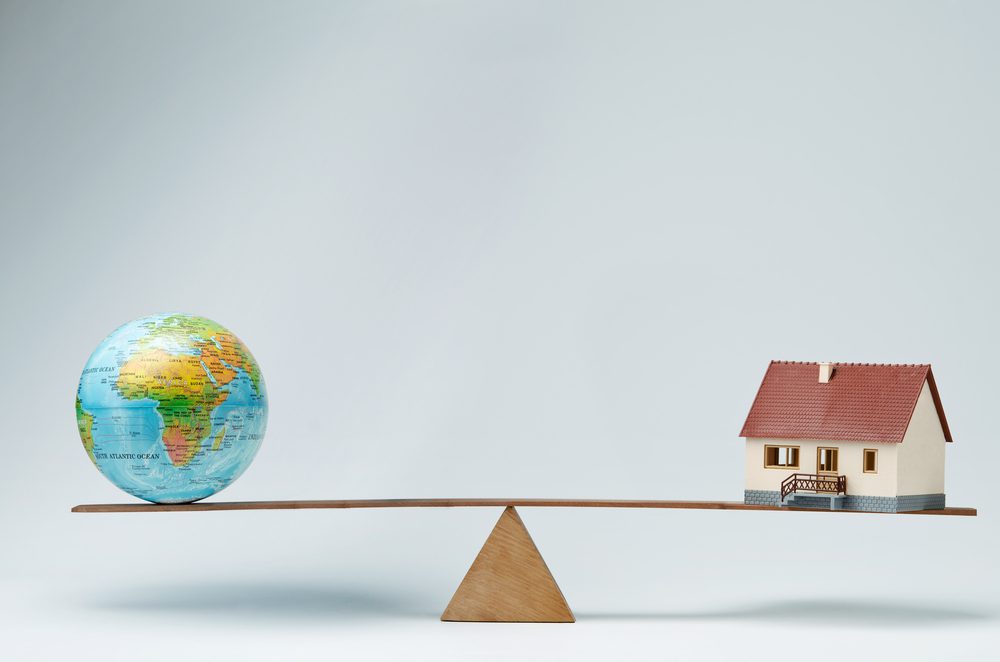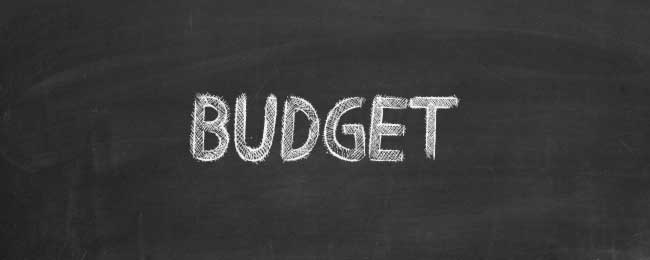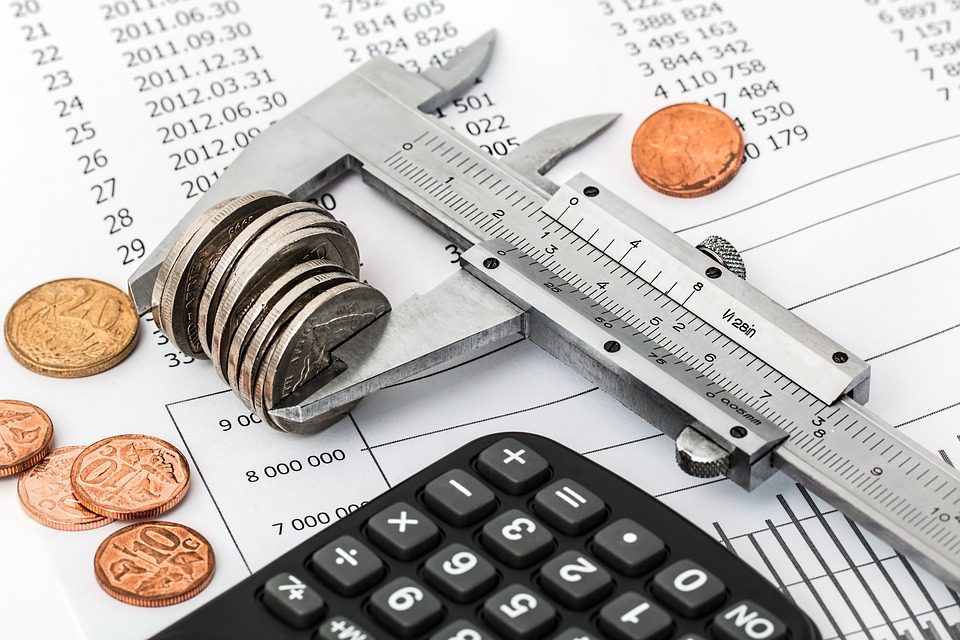SAVERS VS BORROWERS
Saving has always been an easier option for a larger percentage of people earning a living on their own, as compared to borrowing. Of the two methods of money managing, one would be safe to say saving is better than borrowing, but what is the validity of this statement?
Introduction To Savers and Borrowers
This is all about Savers and Borrowers. One thing one is to note about the two is that both are measures taken by people in possession of money either from earnings or personal initiatives to acquire the latter.
You cannot decide to save or borrow what you do not have. For the case of borrowers, one does not have the money but has the idea of where the money will be lent to him from. It can be a bank, a friend or a relative. One thing that is for sure is that this money will be used in one way or the other. After borrowing, the person will be left with the burden or rather obligation to pay back the money borrowed.
A saver, on the other hand, will earn or get money by their means and keep it in the bank or a safe place for future use. Though so simple, the saver undergoes the temptation of seeking pleasure, personal desires leading to depletion of the money. For us in the ever-growing world of technology, it becomes a hard task avoiding these.
A Saver
This is the person who keeps money or even possessions in a safe place to use it for future utilization. When we talk of a saver, there is no occupational bracket for this category of people. A student can be a saver, a teacher can be a saver, a businessman can be a saver, a doctor can be a saver and even a street child can be a saver.
One thing common with all of these is that they all have a vision and plan for whatever they are saving. It might be an investment, a car, a house, uplift in living standards and many more. This brings to light the aspect of having a Motive before saving. Nobody would like their efforts to deny themselves certain aspects to be all in vain, right? So before deciding to save, savers have to think through on what they are saving for.
Borrowers
Borrowers are parallel to lenders. The contrast in the two kinds of people is actualized by the means in which the two categories of people utilize their money or possessions, two common factors in the dealings of the two. A borrower will obtain money or possessions from a person by requesting with the motive of using the lent for one purpose.
At the end of the day, the borrower has to return what they have been given. In some cases, it is with interest to the lender who gives out whatever is asked for in good faith. The lender is the one who gives out the money or possession in order to assist the borrower.
As a borrower, it is very easy to ask for assistance but returning the favour becomes a hard nut to crack in some cases, especially if the borrower is in no condition to pay back the money or over-utilizes the resource given. This is why some lenders opt to ask about the borrower’s occupational status to verify the means and ability to give back what was given. Some lenders even go further to sign a contract such that in case a breach of the contract is made, the lawful procedure is followed.
Impact of Inflation On Savers and Borrowers.
Inflation is an increase in the general level of prices or in the cost of living for people in a certain region in accordance with government and producer demands. This has an impact on the livelihood of both savers and borrowers. Well, as a matter of fact, inflation applies an increased pressure on both persons according to economic state.
A saver will have to utilize what they had saved for a cause other than the intended when they began saving. This arouses from the demand to use more money to purchase goods and commodities. The saver will really feel the pinch if the inflation rates are high yet the earnings have no increment.
A borrower will also be affected by inflation in a rather indirect manner. The borrower will have to borrow large sums of money to meet a target set by them. This target will also be hiked by the inflation of goods and commodities. After using the borrowed, a bigger gap is left for them to fill by being obliged to pay what is borrowed or lent to them.
In conclusion, I ask, between a saver and a borrower, who is better off?








